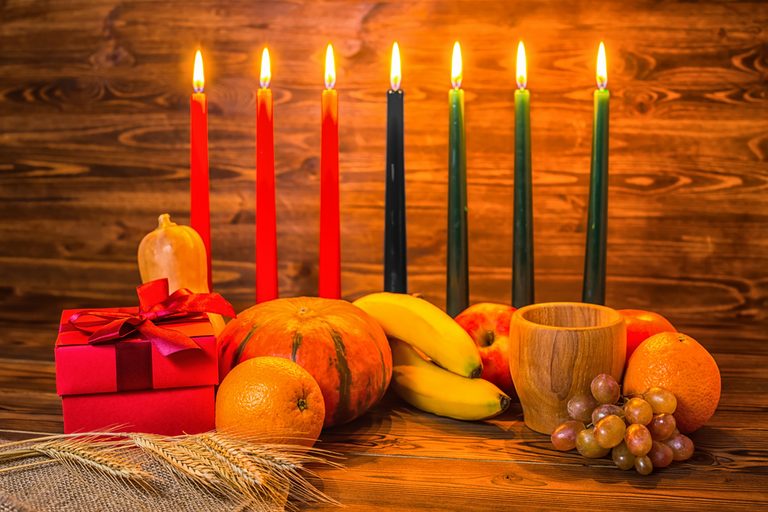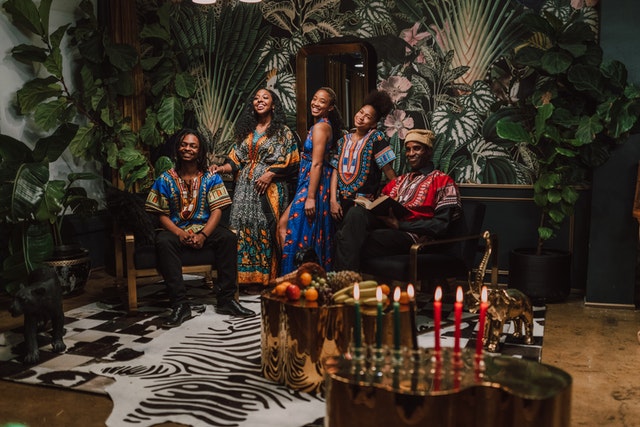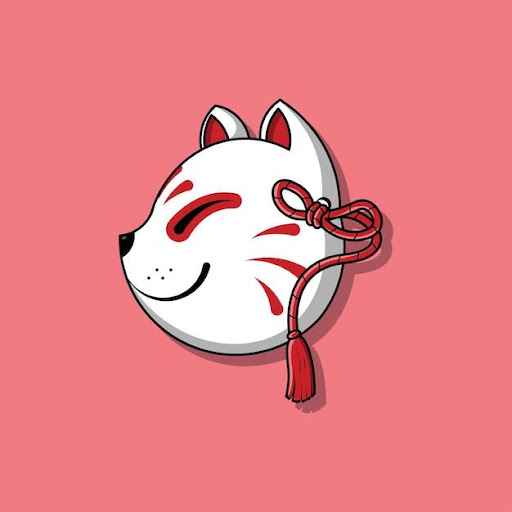Contents
People love to celebrate festivals or religious days but before you actually take part in what is in front of you, you want to make sure that you know what you are getting into, considering that you have to make sure you are respecting the religion and are doing everything the right way when celebrating it.
One of the most celebrated days on our planet right now is Kwanza, but not many people actually know why this day is celebrated and how it is celebrated by people across the globe. The good thing though is that we are here, and in this blog, we are going to talk about Kwanza. From why it is celebrated to the quotes that you can share with the people that you know and its history, we have listed everything down in this blog so you can have a proper idea on why it is celebrated!
What Is Kwanza?
Kwanza is an annual celebration of the Afriance-American culture. It is celebrated from 26 December holiday of each year to January 1. It culminates in a communal feast called Karamu, which is celebrated on the sixth day of the festival. This day was created by Maulana Karenga, an activist. The Kwanza, which is also known as the Kwanzaa, is based on the African Harvest Festival Traditions that are celebrated in West and Southeast Africa.
When Was Kwanza Celebrated For The First Time?
Kwanza was celebrated for the first time in 1966 after it was created by Maulana Karenga.
Who Is The Creator Of Kwanza?
Kwanza was created by Maulana Karenga, an activist. This day is based on the African Harvest Festival Traditions that are celebrated in West and Southeast Africa.
Kwanza Candles And Meanings

Below, we have listed down every meaning of the candles that are used when celebrating Kwanza:
- Black candles symboles the people themselves
- The three red candles are used to show the struggle or blood shed in the past
- The three green candles represent the Earth and the abundance of possibilities the future holds
Disclaimer: We would like to clear it out that we are not disrespecting Kwanzaa in any way and i ncase any of the information that we listed above is wrong or needs to be updated, please do let us know so we can make changes in this article right away!
Do you think we missed out anything important in the things that you need to know about Kwanza? Let us know what we missed out by leaving a comment in the comments section below!Q



